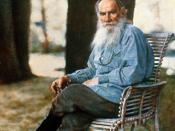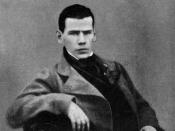To write a successful original screenplay is not an easy task. That's why there are so many adapted screenplays in the film industry and so as among those highly creditable ones. Years before, famous Chinese kung-fu star Jacky Chan once claimed that he was willing to spend a hundred thousand HK dollars to purchase a good original screenplay for his movie. This showed the insufficiency of good original screenplay in Hong Kong, a place renowned for its film industry worldwide.
Among the countless adaptations in the industry, a simple classification is still possible. From Wagner, there are three types of adaptations: transposition ? a novel 'directly given on screen'; commentary: 'where an original is taken and either purposely or inadvertently altered in some respect'; and analogy: a film that shifts action of the fiction forward in time or otherwise changes its essential context; analogy goes further than shifting a scene or playing with the end, and must transplant the whole scenario so that little of the original is identifiable (Wagner 1975: 222-223).
Criticism on Adaptation
Gabriel Miller controversially states that 'the novels' characters undergo a simplification process when transferred to the screen, for film is not very successful in dealing either with complex psychological states or with dreams or memory, nor can it render thought (Miller 1980:xiii). This position demonstrates both an ignorance of film narrative strategies and an assumption that fiction is more 'complex' than film. Novels make use of verbal registers for expression and implication of sophisticated feeling and meaning, which drive readers into further mediation. Miller seems to have undermines that there are visual and audio registers for film besides the verbal one, thus allowing the capability of creating metaphor and symbolism for a more spacious mediation of the audiences.
A statement by Leo Tolstoy made in...



Fine job!
A well written essay. I enjoyed reading it very much.
0 out of 0 people found this comment useful.